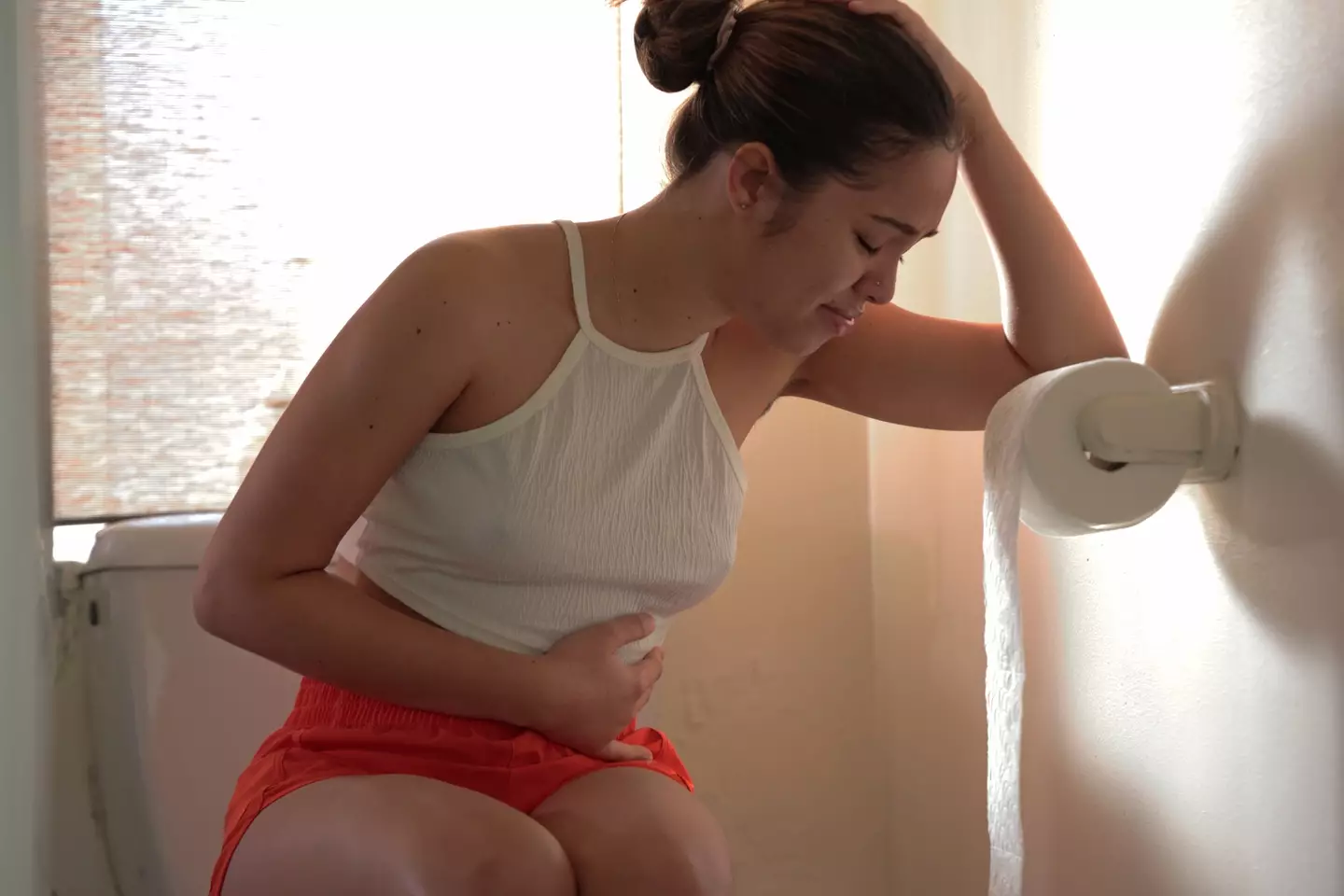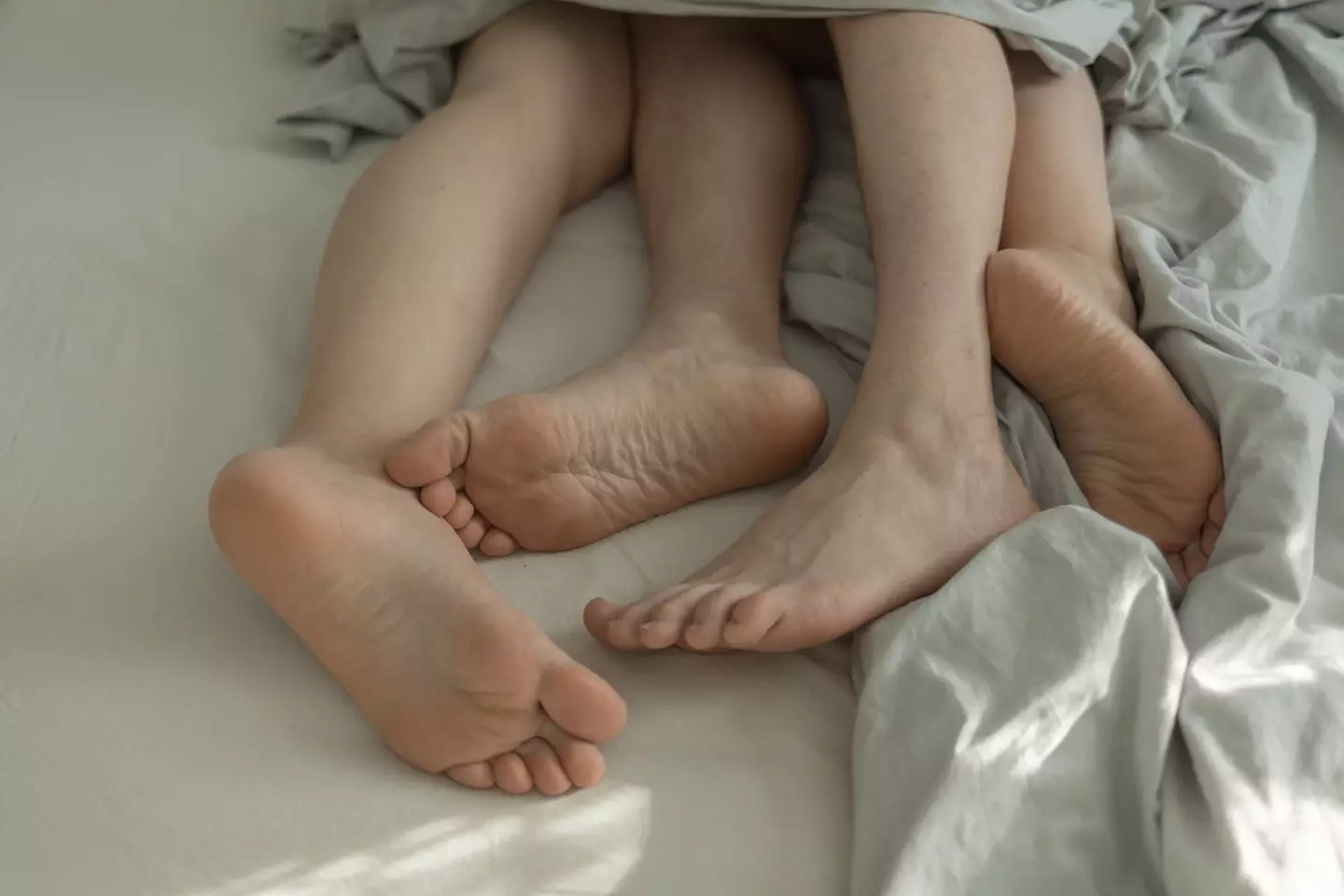An expert has highlighted eight warning signs that might indicate a lack of sex drive is due to more serious issues.
Experiencing occasional dry spells in sexual activity is common, often attributed to busy schedules or life changes like the arrival of a newborn. However, if the disinterest persists, it could point to underlying health problems that need attention.
Sex can often lead to urinary tract infections (UTIs), which affect the urinary system, including the urethra, bladder, ureters, and kidneys.
Tracey Cox, writing for the Daily Mail, mentions: “Post-Sex Urinary Tract Infections are staggeringly common. Some women suffer every single time they have sex, turning something they used to enjoy into a ticking time bomb.”

Cox further explains, “Anticipating the familiar burn, pressure and panic sends the healthiest libido into lockdown. Many women stop having intercourse altogether.” To help prevent UTIs, experts recommend urinating after sex.
Herpes affects one in six people and can cause painful genital blisters. The World Health Organization (WHO) notes that the virus has two types. Type one is usually spread through oral contact and causes infections around the mouth, but it can also cause genital herpes. On the other hand, type two is transmitted through sexual contact, leading to genital herpes.
Discussing STIs with a partner should be approached maturely. Cox advises: “A frank, mature conversation is the best route. Most people don’t dump their partner once they confess to an STI got before they came along.”
Lichen Sclerosus is often mistaken for thrush, delaying proper treatment for years. Cox explains, “It mainly affects post-menopausal women, but it can occur at any age (men and boys can get it as well).” It’s a long-term condition that primarily affects the genital and anal skin, causing thinning, inflammation, and intense itching.
If you suspect this condition, Cox suggests consulting a GP or gynaecologist and requesting a referral.

“Treatment usually involves high-potency steroid creams that dramatically improve symptoms,” she adds.
Urinary incontinence, or loss of bladder control, is another concern during sex that should be addressed. Some home remedies can alleviate symptoms.
Cox recommends: “Kegel exercises – repetitively and regularly squeezing, holding and releasing your pelvic floor muscles – work.” More effective, however, is pelvic floor physiotherapy. “Yes, who knew there are physios for your pelvic floor? But they do exist and treatment is incredibly effective.”
This involves spasming of the muscles around the lower part of the vagina, making penetration uncomfortable or painful. Cox clarifies, “The truth is, it’s a medical condition, not your fault, and highly treatable with pelvic floor physiotherapy, counselling and the use of vaginal dilators.”
Endometriosis, a chronic condition where uterine tissue grows outside the womb, can affect fertility. It causes significant pain and affects women of any age after menstruation starts, including teenagers.
Despite its prevalence, there’s a lack of awareness about endometriosis, with diagnosis often taking up to ten years. Symptoms include pelvic pain, painful periods, pain during or after sex, and heavy menstrual bleeding.

Chronic thrush, defined as recurring four or more times a year, causes itching, burning, and an unpleasant discharge, impacting one’s sex life. “It kills your sex life because you’re constantly uncomfortable, anxious about odour or embarrassed,” Cox notes.
“Instead, see a specialist. Often, it’s about restoring the vaginal microbiome – using probiotics and making dietary changes, as well as medical treatment,” Cox advises.
Lastly, an episiotomy, a surgical cut made during childbirth, can lead to complications if it doesn’t heal properly. “If you tore when your baby was born, there’s a chance it never fully healed or left scar tissue behind,” Cox adds.
This can result in pain during sex, which might cause a fear of further tearing. However, solutions are available. Cox suggests, “A specialist women’s health physio can help massage scar tissue and guide healing. There are also topical treatments.”

